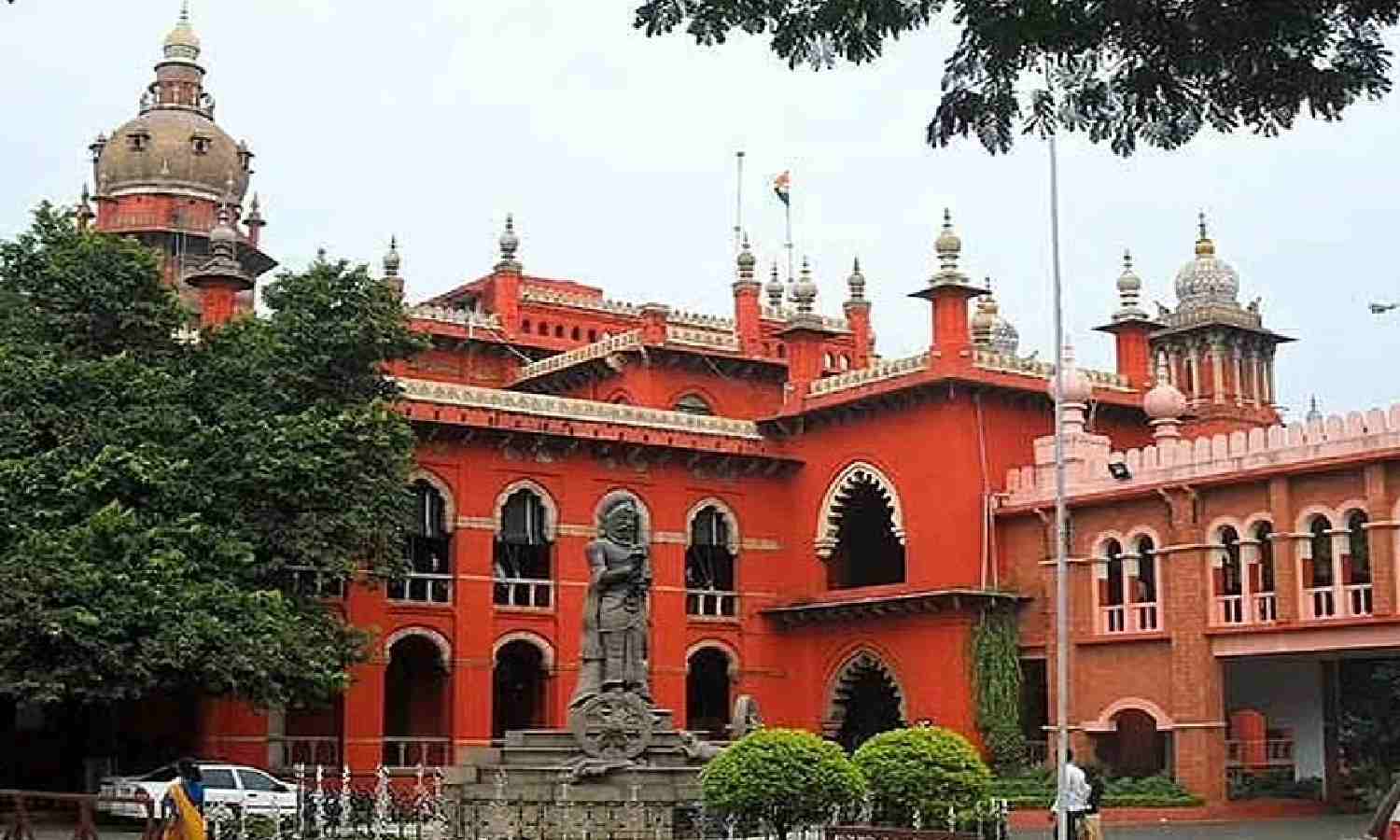Madras HC refuses to hear urgent plea to recuse bench in Tasmac-ED case
On March 6, the ED sleuths conducted a surprise search operation at the Tasmac head office and several other district offices based on the alleged money laundering charge.

Madras High Court
CHENNAI: The Chief Justice of the Madras High Court refused to hear the urgent mention made before the bench presided by him and raised objection over the bench, which is hearing a case moved by the Tasmac and State against the raid by the Directorate of Enforcement, and sought direction in this regard.
Senior advocate KM Vijayan made a mention before the first division bench of Chief Justice KR Shriram and Justice Mohammed Shaffiq, submitting that the case moved by the Tasmac and State is pending before a division bench comprising Justices SM Subramaniam and K Rajasekar.
It has been brought to our notice that the junior judge of bench Justice K Rajasekar's brother is the counsel on record for the Minister of Excise and Prohibition department in the case; hence, the matter may be adjudicated in a biased manner, said the advocate.
However, we raised this issue before the bench concerned but they refused to recuse and continue the hearing, he said. Hence, the advocate sought a directive from the chief justice as the master of the roster of the HC.
Refusing to issue any directive, the first bench said, "don't embarrass us, make a mention before the bench concerned, it will decide the matter. If they have any inconvenience in hearing the case, they will recuse.”
On March 6, the ED sleuths conducted a surprise search operation at the Tasmac head office and several other district offices based on the alleged money laundering charge. It was alleged that the State was generating tainted money through private distilleries.
The search operation ended after three days, on March 8. During the course of the search, ED sleuths detained officers of the Tasmac –across all levels, including women employees – for the search operation and seized their mobile phones and subjected them to interrogation, alleged the State.
Aggrieved by the search, the State and Tasmac moved the petition, alleging that the search was in violation of the basic structure of federalism and power of separation, as it was done without the consent of the State government.
On April 1, the division bench took up the case challenging the ED proceedings.




